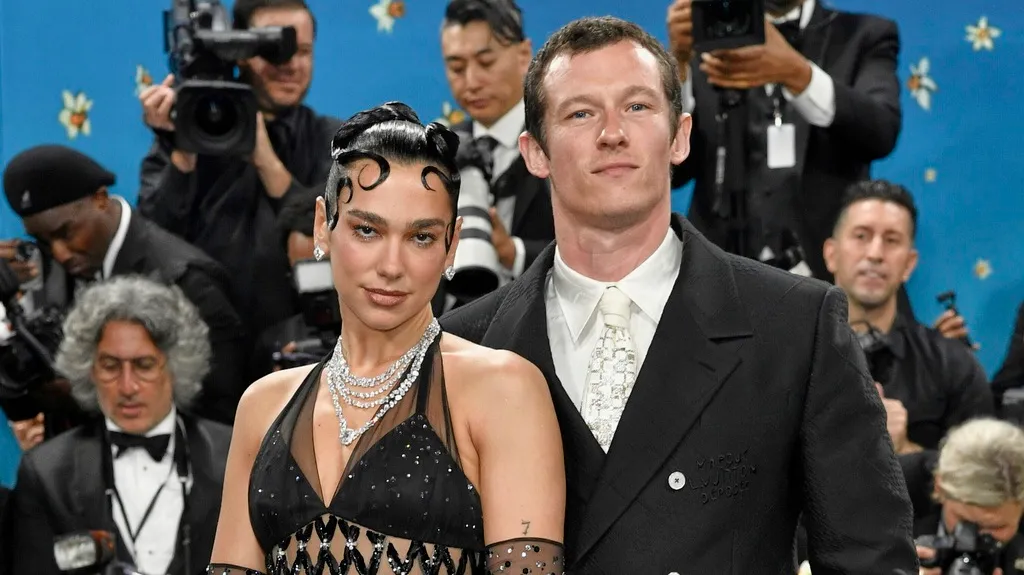August 21, 2019
Trixie Mattel: Moving Parts
Roger Walker-Dack READ TIME: 2 MIN.
We had no idea of what to expect from this intriguing documentary on Brian Firkus (a.k.a. Trixie Mattel) who, second time around, became a winner on "Ru Paul's Drag Race," albeit a rather controversial choice. Mattel is part of the current coterie of drag queens whose fame is based on their success on Ru Paul's TV show. She says at one point that this is the golden age of drag, which is totally unjustified. One look at the new documentary "WIG," about the revival of the iconic NY drag event Wigstock, clearly shows that the performers at the original event had so much more talent and ingenuity than their successors who rely on the reality show fame.
However, through the course of the documentary, it became clear that we couldn't dismiss Firkus/Trixie as just another outrageously overdressed mannequin. Thanks to the camera's unlimited access, we see him anxiously practicing his craft to ensure that he really entertained packed houses he was playing to in the U.S. and UK. He shared how his love of country music was the one happy result of his troubled childhood. The impressive selection of songs he writes and plays are the last thing you expect to hear from the lips of a drag star. With her blonde wigs piled higher than God, and her tightly-fitted, sparkly pink outfits, she could easily be mistaken for Dolly Parton's' long lost (and taller) sister.
Actually, Brian/Trixie's adopted sister is Katya Zamolodchikova, a.k.a. Brian McCook, a fellow drag performer with whom he made a very successful web series, which then became a TV series for Viceland. It was during the filming of the latter that Katya had a breakdown and abruptly left, and all of this was captured by the documentary crew. It left Trixie in a deep quandary, wondering if she could go back to performing on her own in one of most touching scenes of the film.
There are other revealing parts of the documentary, such as when Firkus is rifling through his latest batch of fan mail, several pieces of which he reads out loud. Many are acknowledgments from people who consider him a role model, and as such have helped them turn their own lives around. Firkus says out loud., "For some reason, I attract a lot of people suffering with depression." We are as mystified as him about this.
By the end of the film, our ignorance of Firkus/Trixie has turned into admiration. There is no doubting his unique talent, but it's his honesty and his determination to be authentic as possible that sets him apart from others.
One small grievance: The documentary was produced by World of Wonder, which runs the "Drag Race" shows, and there is a little too much heavy-handedness in ensuring their franchise's reputation was as pure as the driven snow...
Roger Walker-Dack, a passionate cinephile, is a freelance writer, critic and broadcaster and the author/editor of three blogs. He divides his time between Miami Beach and Provincetown.







